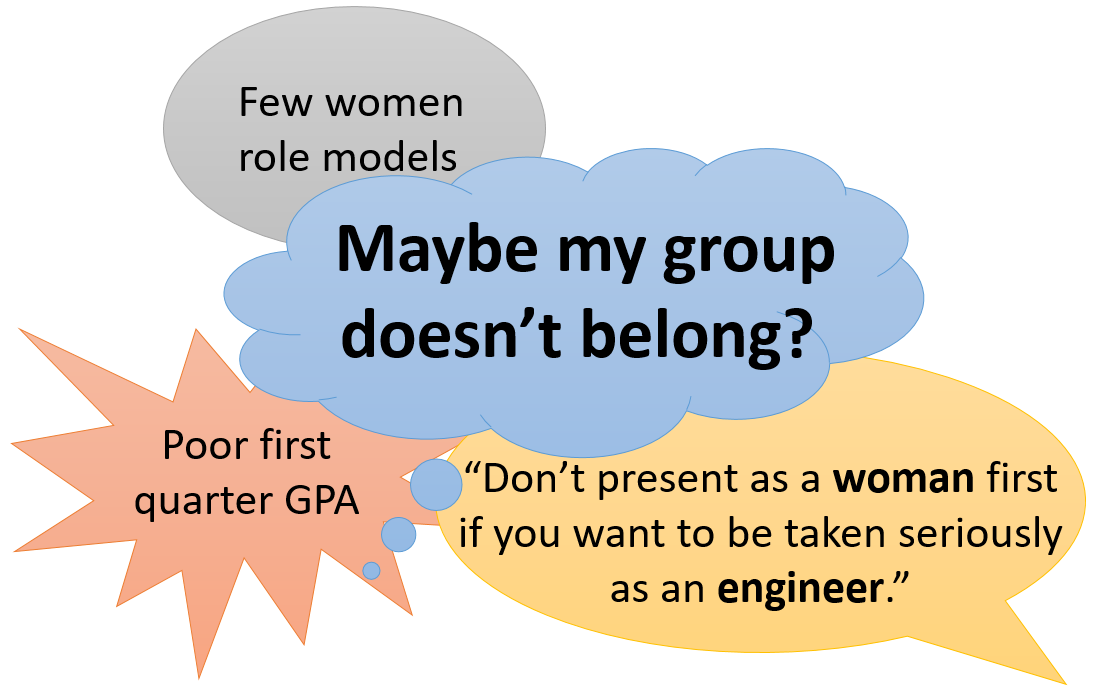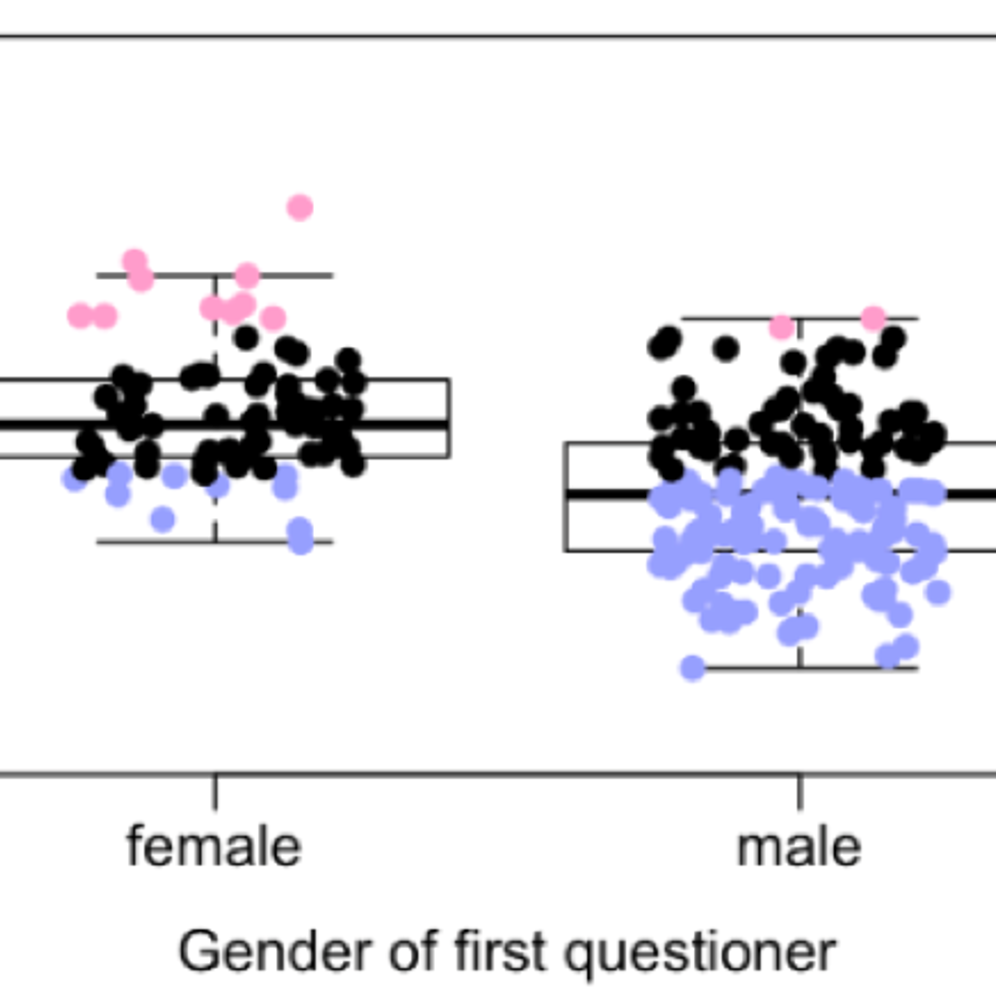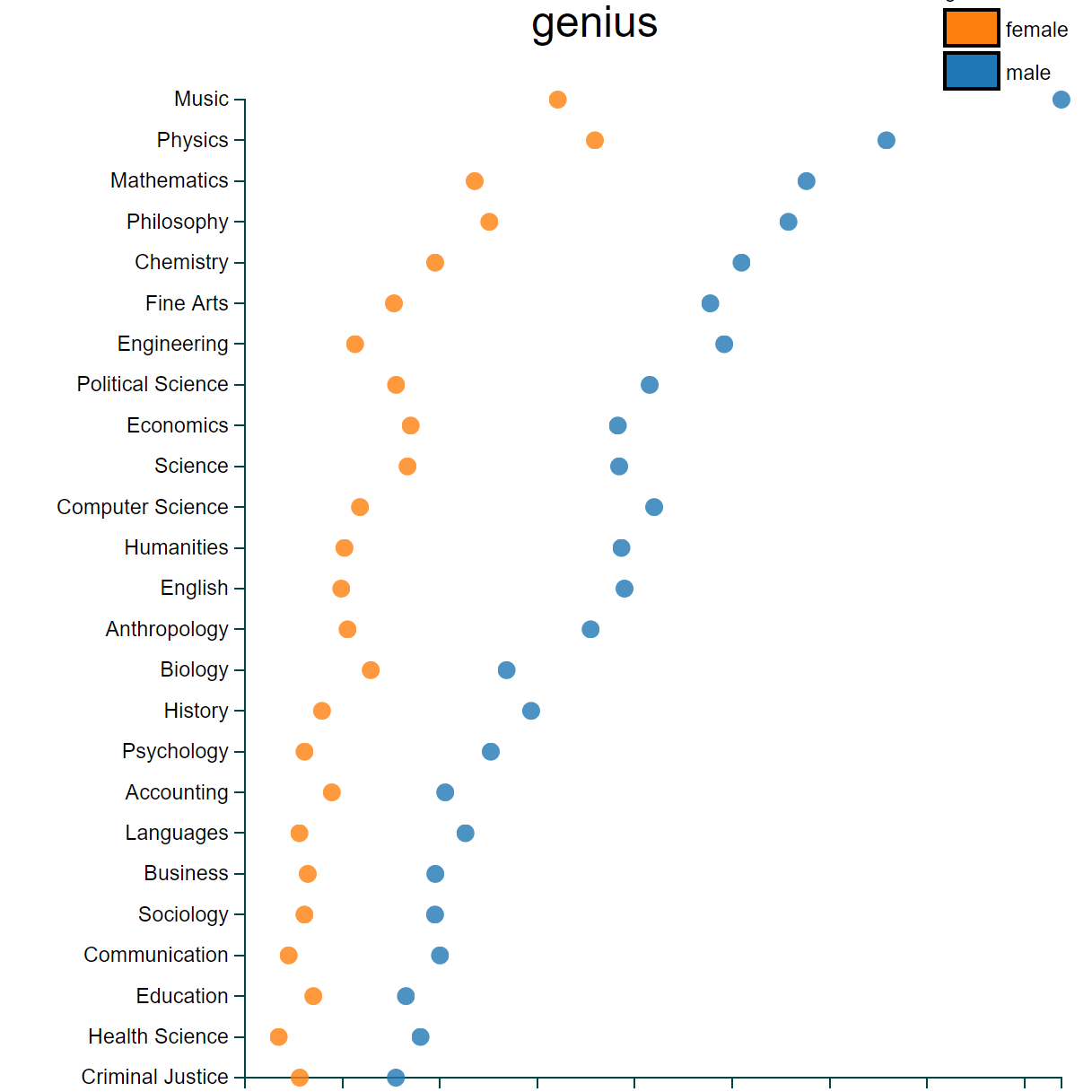The data dive into inequality in STEM continues.While the number of women in science has been increasing for the last twenty years, women are still leaving scientific fields at all stages of their careers. Research about the “leaky pipeline” suggests there is a disproportionate lack of female representation in crucial milestones for scientific career progression, such as receiving prestigious awards, publishing papers in important journals, and applying for patents. There are many ideas about why women continue to leave science as their careers progress, including differences in career goals and interests, parenting, differences in salary for equivalent positions, a lack of female role models and mentors, and explicit and implicit bias. Importantly, each of these factors contributes to a reduction in the visibility of women in science and academia.
Read More





